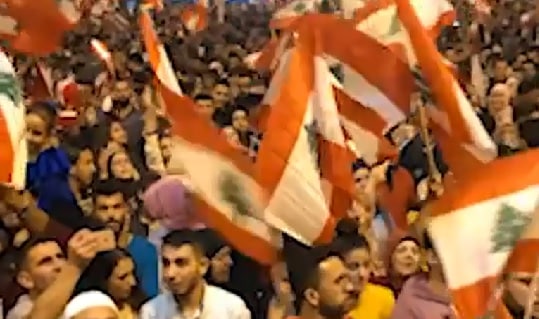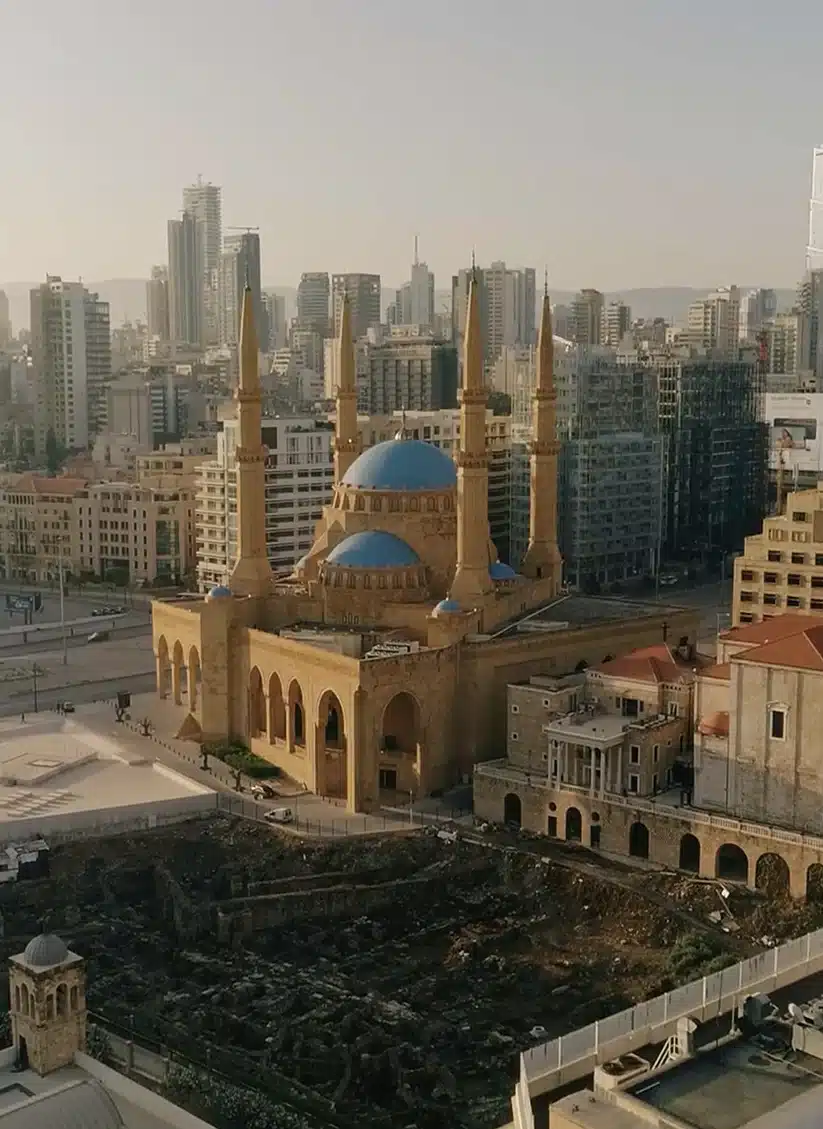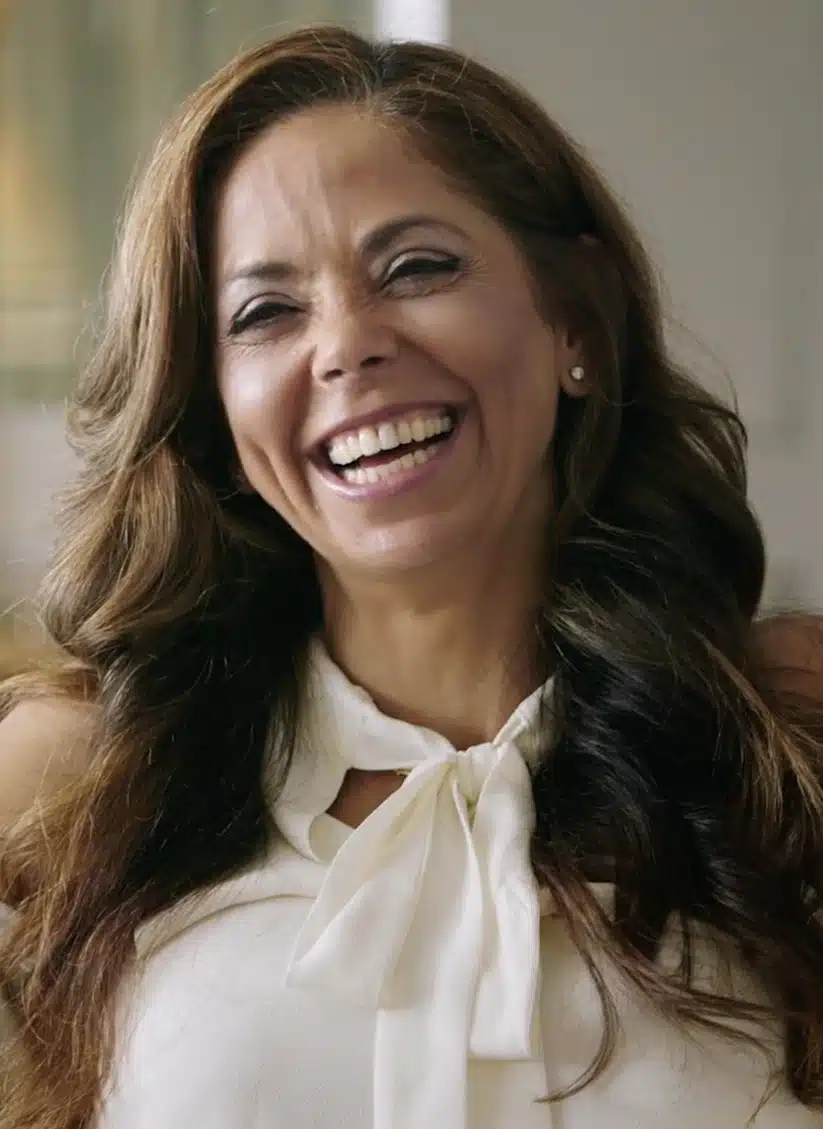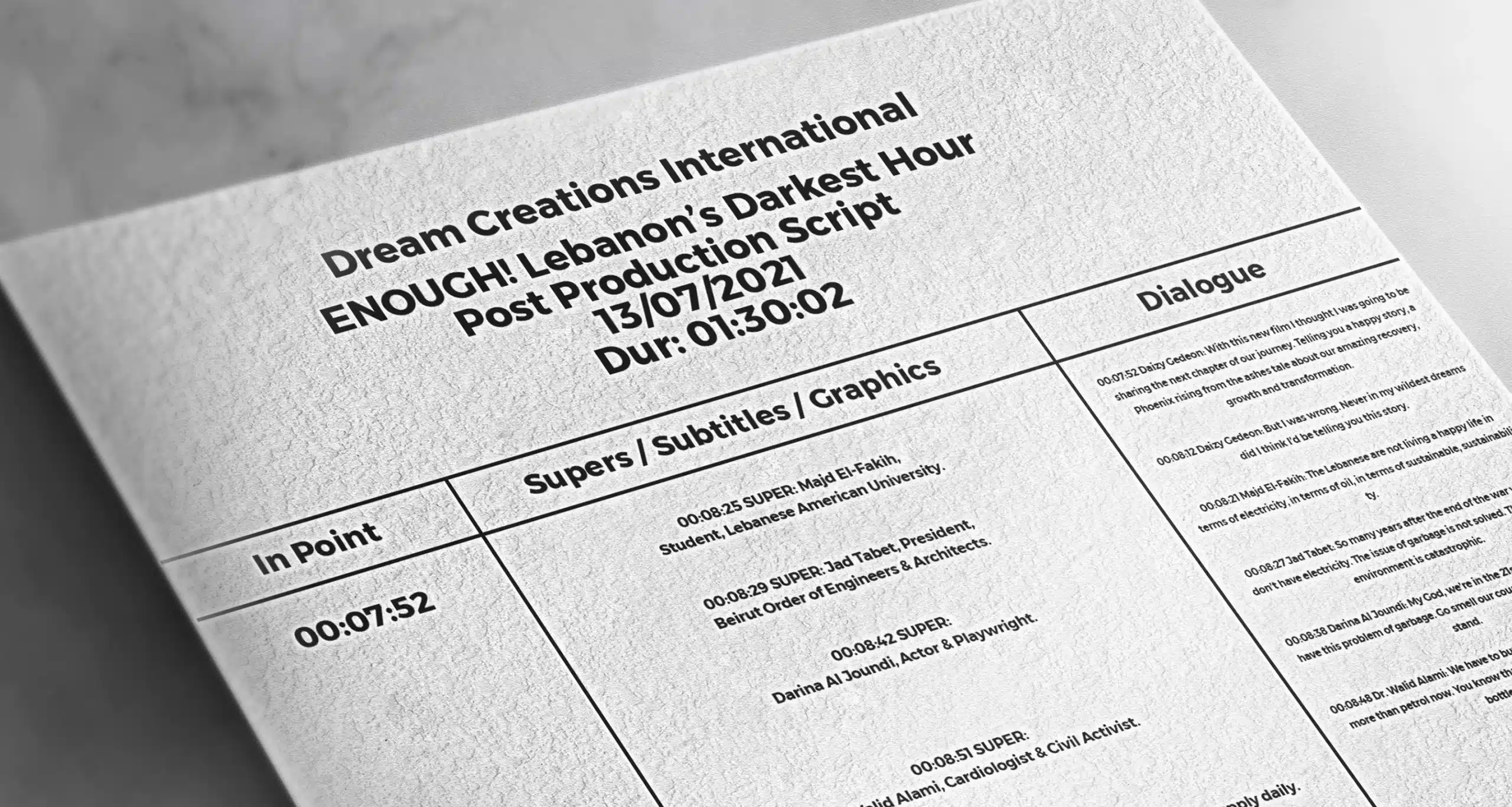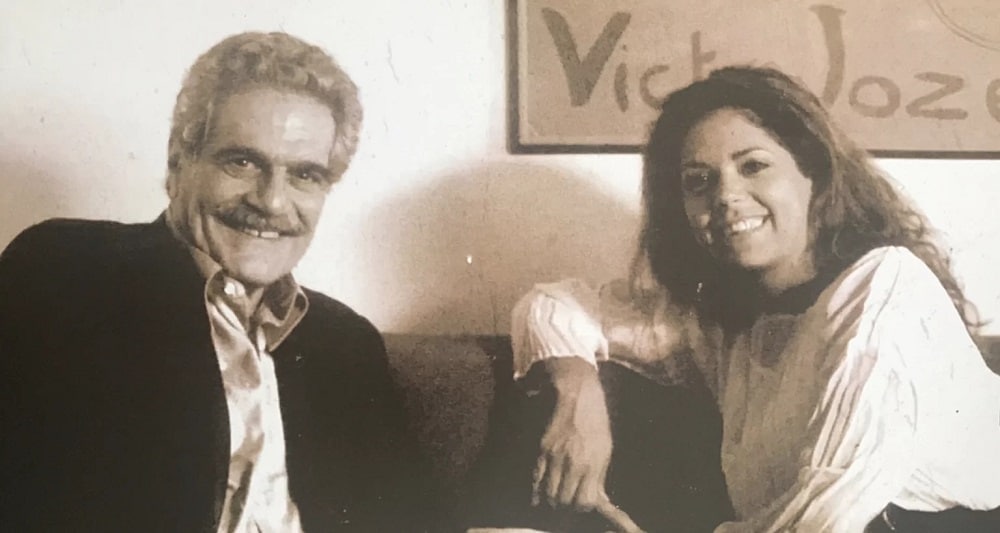-
2016
Research and Pre-Production
Begin building a treatment for the film.
We launch our first trailer which as you can see,
barely has any relevance to the final film that was eventually launched. -
2017
Production Aug-Oct (1st film-shoot)
We spend seven weeks travelling around Lebanon interviewing politicians, officials and scores of everyday people from all ages, political persuasion religious affiliation, the rich, the poor and the in between from the north to the south, Beirut to Bekaa. -
2018
Production Apr-June (2nd film-shoot)
We return to Lebanon to cover the 2018 elections, undertake further interviews with humanitarian Madam Rabab al-Sadr, Lebanese fashion designer Elie Saab, political leaders, film onsite UNIFIL in south Lebanon, visit refugee camps, talk to more people around the country before travelling around the world to France, UK, USA and Canada to interview the diaspora. -
2016
Research and Pre-Production
Begin building a treatment for the film.
We launch our first trailer which as you can see,
barely has any relevance to the final film that was eventually launched. -
2020
Post-Production/Production (4th film-shoot)
Covid hits. World goes into lockdown and takes us months to get the film re-edited. Then…Beirut Port explodes on August 4. I go into shock. Then I got angry. Then I decided ENOUGH! And that’s how I decided the final title of the film. We send a crew in Beirut to get footage, undertake more interviews on Zoom and go back into the edit suite. Final musical score completed. -
2021
Post-Production/World Premiere at Cannes
The final cut is completed in May. We submit to the Cannes International Film Festival. We launch at Marche du Cannes. Film wins the Movie That Matters Award. Film festival circuit begins across Europe and the USA. Film is officially launched in December in cinemas across Australia…and the rest, as they say, is history.
-
2016
Research and Pre-Production
Begin building a treatment for the film.
We launch our first trailer which as you can see,
barely has any relevance to the final film that was eventually launched. -
2017
Production Aug-Oct (1st film-shoot)
We spend seven weeks travelling around Lebanon interviewing politicians, officials and scores of everyday people from all ages, political persuasion religious affiliation, the rich, the poor and the in between from the north to the south, Beirut to Bekaa. -
2018
Production Apr-June (2nd film-shoot)
We return to Lebanon to cover the 2018 elections, undertake further interviews with humanitarian Madam Rabab al-Sadr, Lebanese fashion designer Elie Saab, political leaders, film onsite UNIFIL in south Lebanon, visit refugee camps, talk to more people around the country before travelling around the world to France, UK, USA and Canada to interview the diaspora. -
2019
Post Production/Production (3rd Film Shoot)
Begin building a treatment for the film.
We launch our first trailer which as you can see,
barely has any relevance to the final film that was eventually launched.2019
Post Production/Production (3rd Film Shoot)
Begin building a treatment for the film.
We launch our first trailer which as you can see,
barely has any relevance to the final film that was eventually launched. -
2020
Post-Production/Production (4th film-shoot)
Covid hits. World goes into lockdown and takes us months to get the film re-edited. Then…Beirut Port explodes on August 4. I go into shock. Then I got angry. Then I decided ENOUGH! And that’s how I decided the final title of the film. We send a crew in Beirut to get footage, undertake more interviews on Zoom and go back into the edit suite. Final musical score completed. -
2021
Post-Production/World Premiere at Cannes
The final cut is completed in May. We submit to the Cannes International Film Festival. We launch at Marche du Cannes. Film wins the Movie That Matters Award. Film festival circuit begins across Europe and the USA. Film is officially launched in December in cinemas across Australia…and the rest, as they say, is history.
SYNOPSIS
T he eyes of the world have been forced to turn their gaze upon Lebanon, not only because of the Beirut Port explosion that devastated this ancient city on 4th August 2020, but also because, sadly, Lebanon stands as an allegory for kleptocratic regimes and their catastrophic impact that have seen a resurgence across the globe.
Before the explosion, the country was already cowering under the weight of decades of civil conflict, unrelenting regional turmoil but mostly from endemic, systemic corruption and pure greed.
Filmmaker and journalist Daizy Gedeon leads us on a powerful and personal journey behind the mask of lies and deception and into the heart of Lebanon, deep into the historic and psychological causes behind the erosion and destruction of Lebanon, once a battleground and breeding ground for terrorists and violent militias, and still a focal point of controversy in the tumultuous Middle East.
The film addresses the revolution and the global social justice movement that was triggered in 2019 among the diaspora who rallied to support their families and friends back home. It provides a powerful insight into the complex traditional and emotional loyalties among the people that still threaten any chance for change.
The people have a chance to save themselves, their future and their nation with upcoming national elections in May 2022. This film aims to be the trigger that launches a global movement #fairandfreelebanon to force real change.
YEARS in Making
Film Festival
AWARDS
Interviews
Where Can you watch “Enough”?
Excited to watch Enough! Lebanon’s Darkest Hour? We’re excited to announce that it is available to watch on Shahid and AppleTV/iTunes.
You can also stream in Australia and New Zealand on FanForce TV’s
Director’s Statement
I had regularly returned to my ancestral homeland since I released my debut film, Lebanon…Imprisoned Splendour, in 1996 which addressed the misperception of Lebanon, as portrayed by the western media, as a land of terror, car bombings and kidnappings because of the civil war from 1975-1990. But over the next 20 years, instead of seeing strides in growth and development, hope and opportunity, I experienced anger, desperation, and hopelessness among the people who were being forced to endure a system that couldn’t even provide reliable basic services and infrastructure – no roads, no clean water, no electricity, no garbage collection, no jobs, no justice…
First Film 1996
Lebanon... Imprisoned Splendour
The Imprisoned Splendour that is Lebanon, manifests itself on many different levels. Its unique religious and cultural dichotomies, its geographical and historical position in global events, and its future role in a volatile and turbulent Middle East. The film showcases Lebanon’s natural beauty and location within the heart of the Middle East and highlights the spirit of hospitality and generosity of its people, which continue to serve as an oasis and a part of the Lebanese people’s international legacy. The film also examines the strong family unit, which remains an endemic feature of Lebanese society, and a biding and empowering force in a nation still recovering from war.







